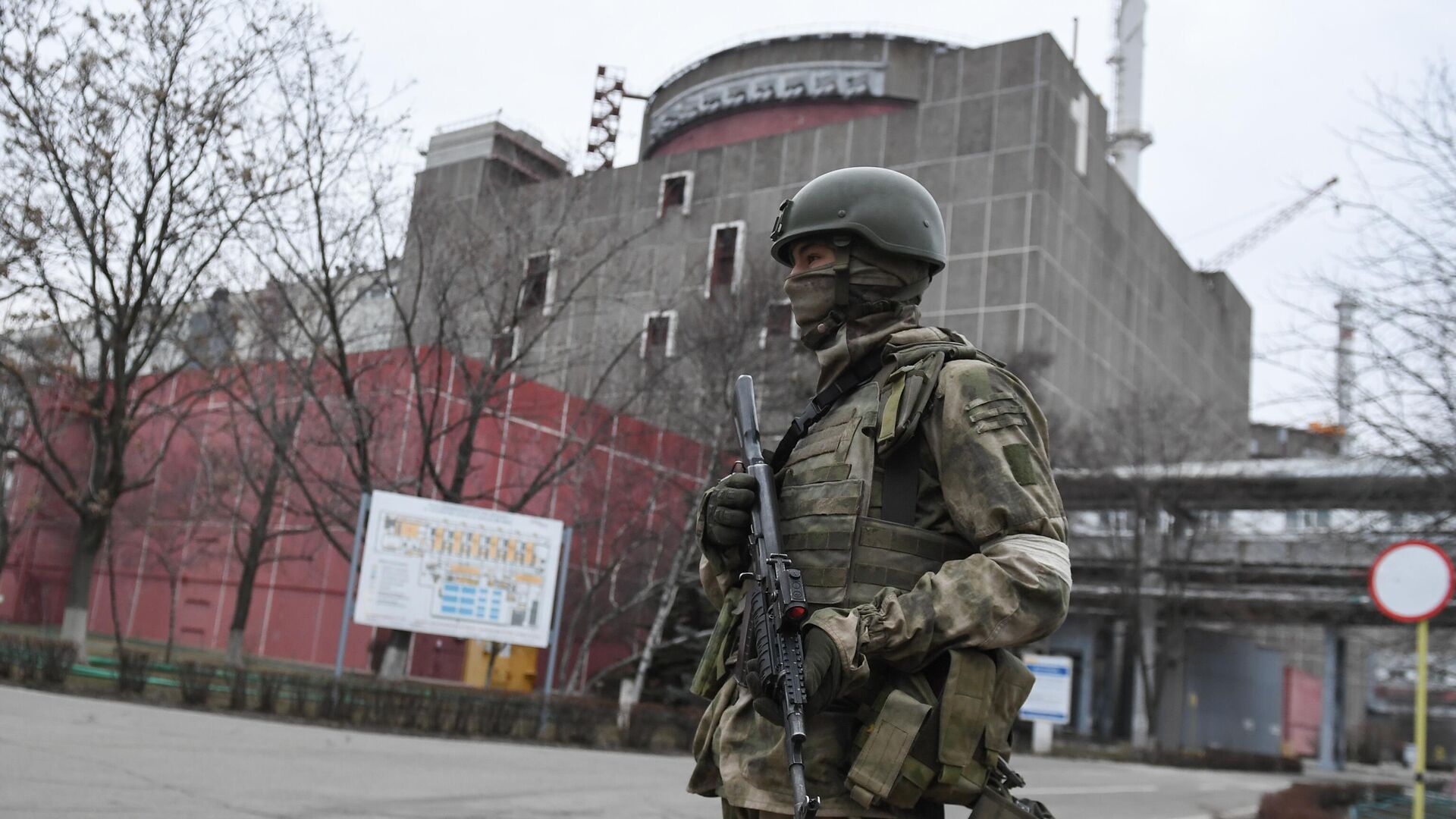https://en.sputniknews.africa/20240824/what-are-ukraines-goals-in-targeting-russian-nuclear-facilities-1068011170.html
What Are Ukraine's Goals in Targeting Russian Nuclear Facilities?
What Are Ukraine's Goals in Targeting Russian Nuclear Facilities?
Sputnik Africa
The Zaporozhye NPP, the largest of its kind in Europe, has been controlled by Russian forces since March 2022. The Kursk NPP is located in Russia's Kursk... 24.08.2024, Sputnik Africa
2024-08-24T20:41+0200
2024-08-24T20:41+0200
2024-08-26T16:06+0200
russia's special operation in ukraine
international
ukraine
russia
zaporozhye
kursk region
nuclear weapons
nuclear energy
nuclear power plant (npp)
terrorist attack
https://cdn1.img.sputniknews.africa/img/07e8/08/19/1068011351_0:0:3072:1728_1920x0_80_0_0_e5fc04487b20651d1d3568dd9d3ceb25.jpg
According to Mikael Valtersson, a veteran of the Swedish Armed Forces and a political and military observer, Ukraine's strikes on Russia's Zaporozhye and Kursk Nuclear Power Plants are probably an effort to depict Moscow as incapable of ensuring the safety of these sites, as he told Sputnik.“When it comes to the Zaporozhye power plant, I believe that Ukraine wants to create pressure from the international community towards Russia and that the power plant should be at least internationalized, so that Russia wouldn’t control it,” Valtersson explained. “They could say it's neutral now; the international community takes care of it.”He also suggested that Ukraine tries to sow confusion by denying responsibility for these attacks. Even if Ukraine’s culpability is confirmed, there likely “won't be very severe reaction in the West,” he remarked.
ukraine
russia
zaporozhye
kursk region
Sputnik Africa
feedback@sputniknews.com
+74956456601
MIA „Rossiya Segodnya“
2024
Sputnik Africa
feedback@sputniknews.com
+74956456601
MIA „Rossiya Segodnya“
News
en_EN
Sputnik Africa
feedback@sputniknews.com
+74956456601
MIA „Rossiya Segodnya“
Sputnik Africa
feedback@sputniknews.com
+74956456601
MIA „Rossiya Segodnya“
international, ukraine, russia, zaporozhye, kursk region, nuclear weapons, nuclear energy, nuclear power plant (npp), terrorist attack, attack, terrorism, terrorists, fighting terrorism, ukraine crisis, conflict, military
international, ukraine, russia, zaporozhye, kursk region, nuclear weapons, nuclear energy, nuclear power plant (npp), terrorist attack, attack, terrorism, terrorists, fighting terrorism, ukraine crisis, conflict, military
What Are Ukraine's Goals in Targeting Russian Nuclear Facilities?
20:41 24.08.2024 (Updated: 16:06 26.08.2024) The Zaporozhye NPP, the largest of its kind in Europe, has been controlled by Russian forces since March 2022. The Kursk NPP is located in Russia's Kursk region, near the border with Ukraine. Russia has repeatedly raised the alarm about Ukrainian strikes that have been damaging the facilities.
According to Mikael Valtersson, a veteran of the Swedish Armed Forces and a political and military observer, Ukraine's strikes on Russia's Zaporozhye and Kursk Nuclear Power Plants are probably an effort to depict Moscow as incapable of ensuring the safety of these sites, as he told Sputnik.
“When it comes to the Zaporozhye power plant, I believe that Ukraine wants to create pressure from the international community towards Russia
and that the power plant should be at least internationalized, so that Russia wouldn’t control it,” Valtersson explained. “They could say it's neutral now; the international community takes care of it.” “When it comes to Kursk, I believe they want to sow distress, and maybe even panic among some part of the Russian population, at least those living nearby,” he added.
He also suggested that Ukraine tries to sow confusion by
denying responsibility for these attacks.
“They said Russia attacked its own power plant in Zaporozhye, and they will probably say that if there were any Ukrainian drones, they were just passing by nearby, and they will all the time try to claim that it's a false flag operation from Russia,” Valtersson noted. “And in the West many will believe that.”
Even if Ukraine’s culpability is confirmed, there likely “won't be very severe reaction in the West,” he remarked.


